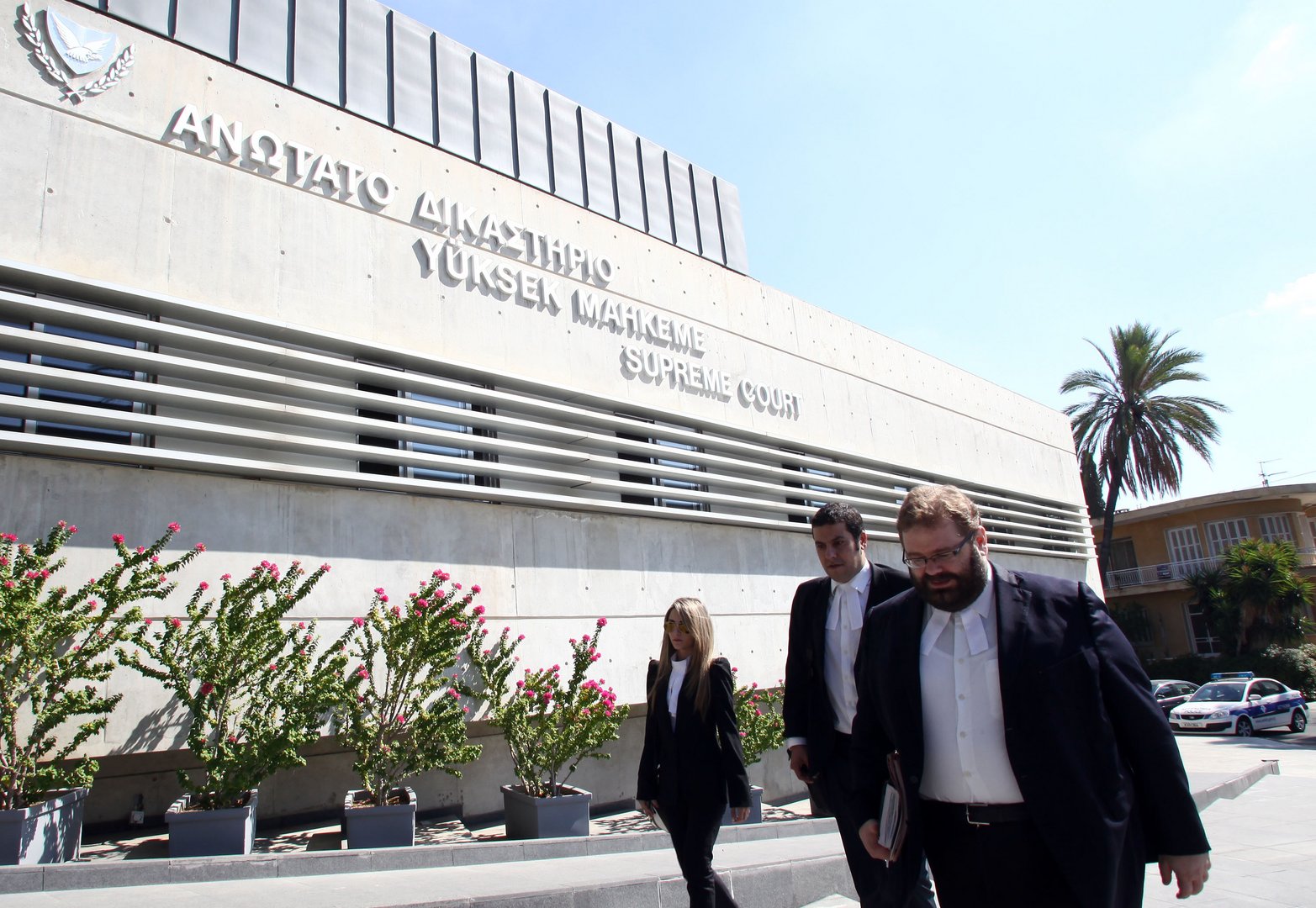
The Supreme Constitutional Court on Wednesday reserved its decision over legislation that would require more state officials to submit capital statements – including the attorney-general and deputy attorney-general.
Legal teams from both sides presented their final arguments over the law that President Nikos Christodoulides referred to the Supreme Constitutional Court on the grounds of unconstitutionality after it was voted through in parliament.
Capital statements – also known as wealth or asset declarations – seek to provide transparency by revealing whether elected or appointed officials increased their wealth while holding office.
Amendments to the law were voted through by MPs in July, broadening the scope of who is required to publish capital statements, and seeking to tighten up any loopholes.
It required capital statements to be submitted electronically, and also encompass the attorney-general, his deputy, the president’s press director, chairperson and deputy chair of district organisations of local government.
During Wednesday’s court hearing, lawyer Polys Polyviou, representing the president along with lawyers Achilleas Emilianides and Nikolas Kallenos, responded to the objections filed by lawyer Christos Clerides, representing parliament.
Polyviou argued it would be unconstitutional to require the attorney-general and deputy attorney-general to submit capital statements.
He added the judges were called to interpret whether the attorney-general and deputy attorney-general serve under the same conditions of Supreme Court judges, on the basis of 112/4 of the constitution.
Supreme Court judges are not required to submit capital statements and the question at hand is whether the attorney-general and the deputy attorney-general fall under the same scope.
Previously, Supreme Court overturned a previous parliamentary decision requiring judges to submit capital statements, saying it interfered with the principle of separation of powers. Judges are thus required to adopt an internal code of self-regulation, Polyviou said.
Though the two independent officials “are not part of the judicial powers, the Supreme Constitutional Court highlighted during the auditor-general’s case, that they should be trusted and have complete institutional independence and autonomy.”
He said Clerides had engaged in a “full on attack against the attorney-general and deputy attorney-general”. Polyviou pointed out this was not a personal matter, but an institutional one.
Clerides denied any form of attack against the attorney-general or his deputy, but he sought to emphasise the different role they had compared to judges. The legal service officials “are subject to daily public criticism and discussion, unlike the judges”.
Regarding the interpretation of the terms of service based on article 112/4, he referred to other articles of the constitution, in which he said the attorney-general, his deputy and Supreme Court judges could not be seen to have equal status.
“We are not legislating on relegating the status of the attorney-general to the equal status of the judges of the Supreme Court.”
Clerides described it as dangerous to have the attorney-general and deputy attorney-general self-regulating with an internal code. “The attorney-general is a party before you, either as a prosecutor or as a defendant.”
Following the conclusion of the arguments of both sides, the President of the Supreme Constitutional Court, Antonis Liatsos, announced that the court would reserve its opinion for a time to be announced at a later stage.


